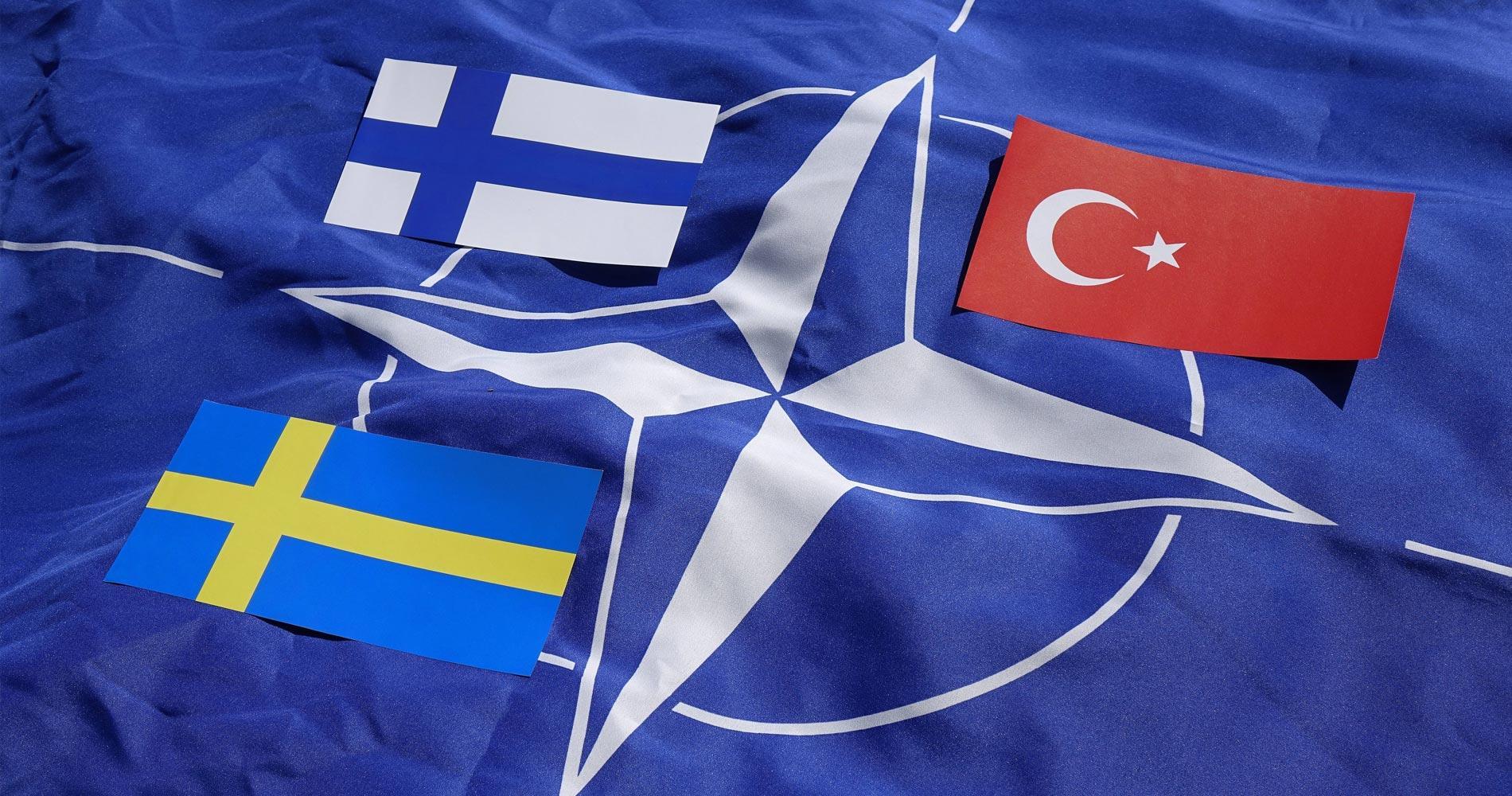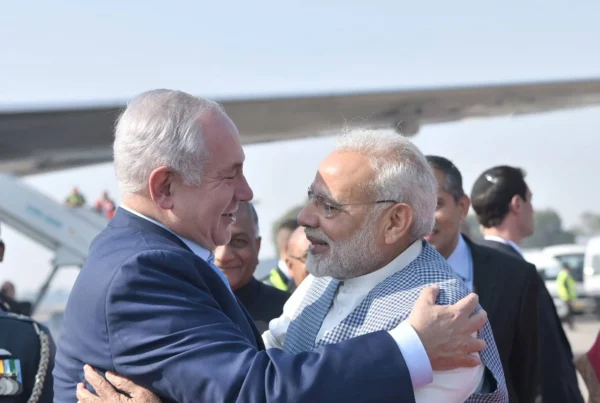On 05.04.2023 Finland became the 31st member of NATO. For a long time Turkey blocked Finland’s application for NATO membership, but finally agreed. Sweden is an altogether different story. Ankara insists Sweden must extradite so-called “terror suspects”. Erdogan is using his own security concerns to extract concessions from Sweden and the US (re-joining the US F-35 fighter program). The cards may be reshuffled after the May presidential elections. Until then, local Swedish and Turkish politics will remain the decisive factor in Sweden’s NATO bid.
Atıl Tuna Yalçı, 29 March 2023
The war in Ukraine prompted Finland and Sweden to apply for NATO membership on 18 May 2022. The Nordic countries hope that becoming part of NATO will strengthen their security, especially vis-à-vis Russia.
On 17 March 2023, in a meeting with Finnish President Sauli Niinistö, President Erdogan announced that the Turkish parliament will back Finland’s accession in the upcoming weeks owing to the ‘concrete steps’ taken by Finland. Hungary’s parliament ratified Finland’s bid to join NATO on 27 March 2023.
Sweden’s application to join NATO is not moving along as smoothly. Erdogan reiterated once again that Sweden must extradite 130 so-called ‘terror suspects’ which Turkey blacklisted in mid-January 2023.
Sweden’s bid has been ratified by 28 of the 30 NATO members, Hungary and Turkey being the only two members which have not ratified this application.
Previously, following the second round of trilateral talks between Turkey, Sweden and Finland on 9 March 2023, Hungary signalled that it was moving forward positively regarding Sweden’s ratification process. Turkey on the other hand is still blocking Sweden’s membership bid.
This second round of trilateral talks were initially scheduled for February 2023 but were cancelled following the burning of the Quran in Sweden by Rasmus Paludan, a far-right Danish party leader, and anti-Erdogan protests in Sweden.
This was not the first time Paludan had staged a public act involving the Quran, but this time his actions had gone far beyond inciting hatred against the Muslim population and had become part of a diplomatic crisis between Turkey and Sweden regarding Sweden’s bid for NATO membership.
Following these incidents, Erdogan reiterated Turkey’s veto of Sweden’s membership bid to join NATO on the grounds that Sweden has been aiding two organizations which Turkey and other countries consider to be terrorists, the PKK (Kurdish Worker’s Party) and FETO (Fetullahist Terrorist Organization), stating on 24 January 2022: “Do not expect such support from us. The fact that this despicable attack on the holy Quran took place in front of the Turkish embassy makes the issue a national and a religious matter for us.”
Earlier, in June 2022, Turkey, Sweden, and Finland had signed a Trilateral Memorandum in which Turkey agreed to support Sweden’s and Finland’s NATO membership bids in return for the two countries abandoning any support for activities of the PKK and FETO, as well as tightening national anti-terror laws and lifting weapons sanctions against Turkey.
As a response to Turkey’s conditions, in September 2022 Finland and Sweden announced the lifting of the ban on weapons exports to Turkey, which had been placed on Turkey following its military offensive into northern Syria in 2019 against the YPG (Yekîneyên Parastina Gel).
Furthermore, the Swedish parliament voted and approved a series of constitutional amendments in mid-January 2023 that outlaw the participation and activities that support terror organizations on a broader scale. The new anti-terror legislation, which was recently approved by the Swedish Parliament, builds on these amendments and will enter into force on 1 June 2023.
These measures are expected to have an impact on activities that support the PKK as well as the YPG and PYD (Partiya Yekîtiya Demokrat) in line with Ankara’s demands that Sweden take more action agains these groups.
Ankara alleges the YPG and PYD, which are exclusively based in Syria, are connected to PKK and involved in attacks against Turkey, a claim not shared by the EU and the US, as these groups had become important in the fight against ISIS.
Critics of the new law and the Kurdish community living in Sweden are concerned that the legislative changes will lead to increased scrutiny and an overall clampdown on their rights as Swedish citizens.
Swedish officials are emphasizing that there will not be any changes regarding laws on freedom of expression. Since 2019 Sweden has not agreed to any extraditions except in one case. According to the Swedish courts, the extradition of the 130 individuals which Turkey blacklisted as terrorists, fall under freedom of speech and the right to asylum.
Turkish domestic and party politics have become increasingly relevant to its stance regarding Sweden’s NATO bid. The reason for this is the ‘anti-western’ discourse that Erdogan has adopted, blaming the West for Turkey’s economic and political woes.
The main actors of the opposition, CHP and HDP, along with other parties, criticize the centralized presidential rule under which Erdogan has reversed Turkey’s traditional foreign policy aims based on realism and maintaining historically good relations with both the West and Russia. However, the parties of the political opposition, with the exception of the İYİ (a national conservative party), despite having divergent views on many key issues, are not in favor of Turkey standing in the way of Sweden’s membership.
Therefore, it is reasonable to assume that Sweden’s prospects of moving forward with its membership at the next NATO summit in Vilnius on 11-12 July 2023 are ultimately tied to Turkey’s presidential elections in May 2023, proving once again the famous observation that “all politics are local” (Tip O’Neill, former Speaker of the U.S. House of Representatives from Massachusetts, 1932).
Picture: Flags of NATO, Turkey, Finland and Sweden 31 May 2022. © IMAGO /Steinach
Other Articles Which Might Interest You
Austria: The Reality of Neutrality







